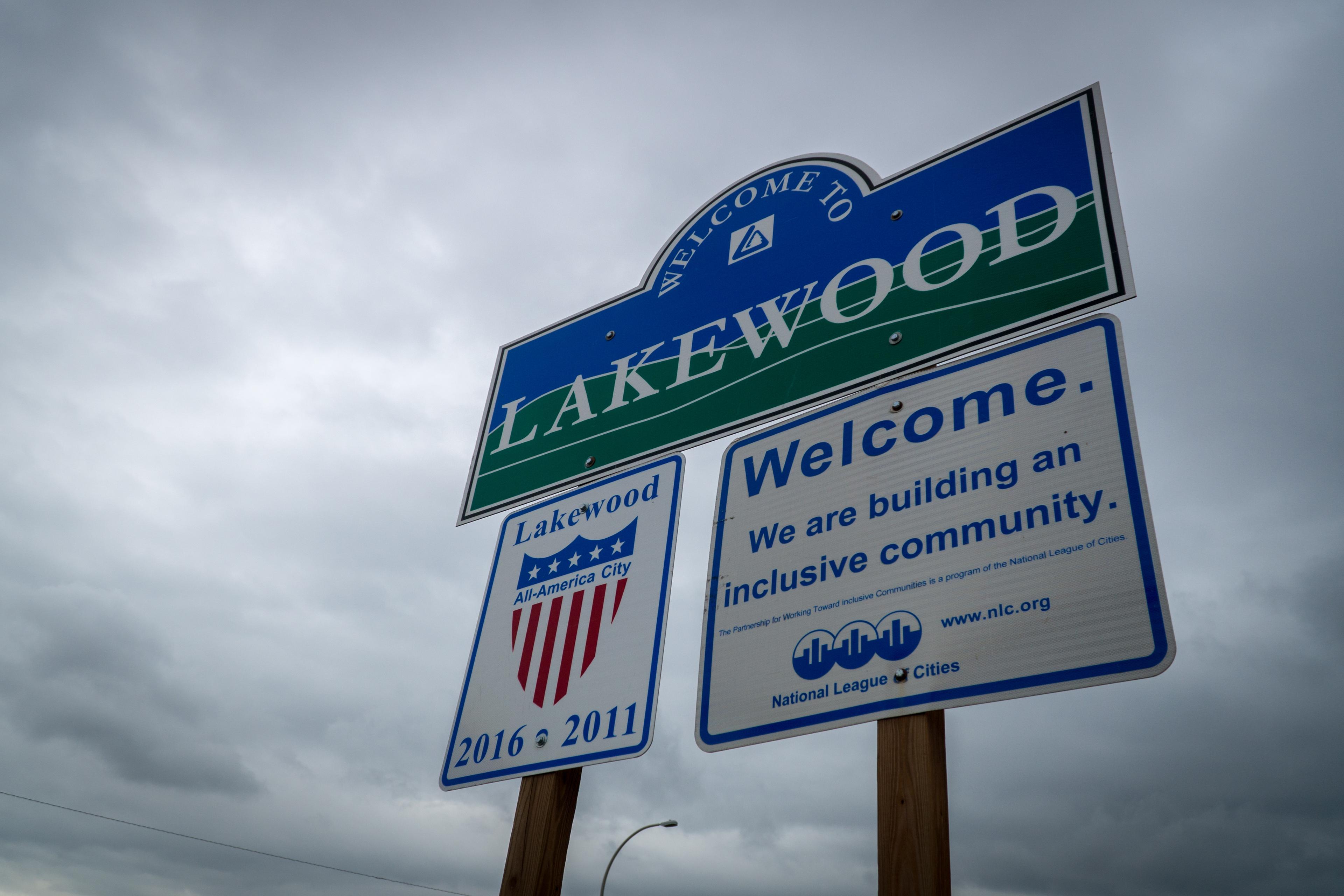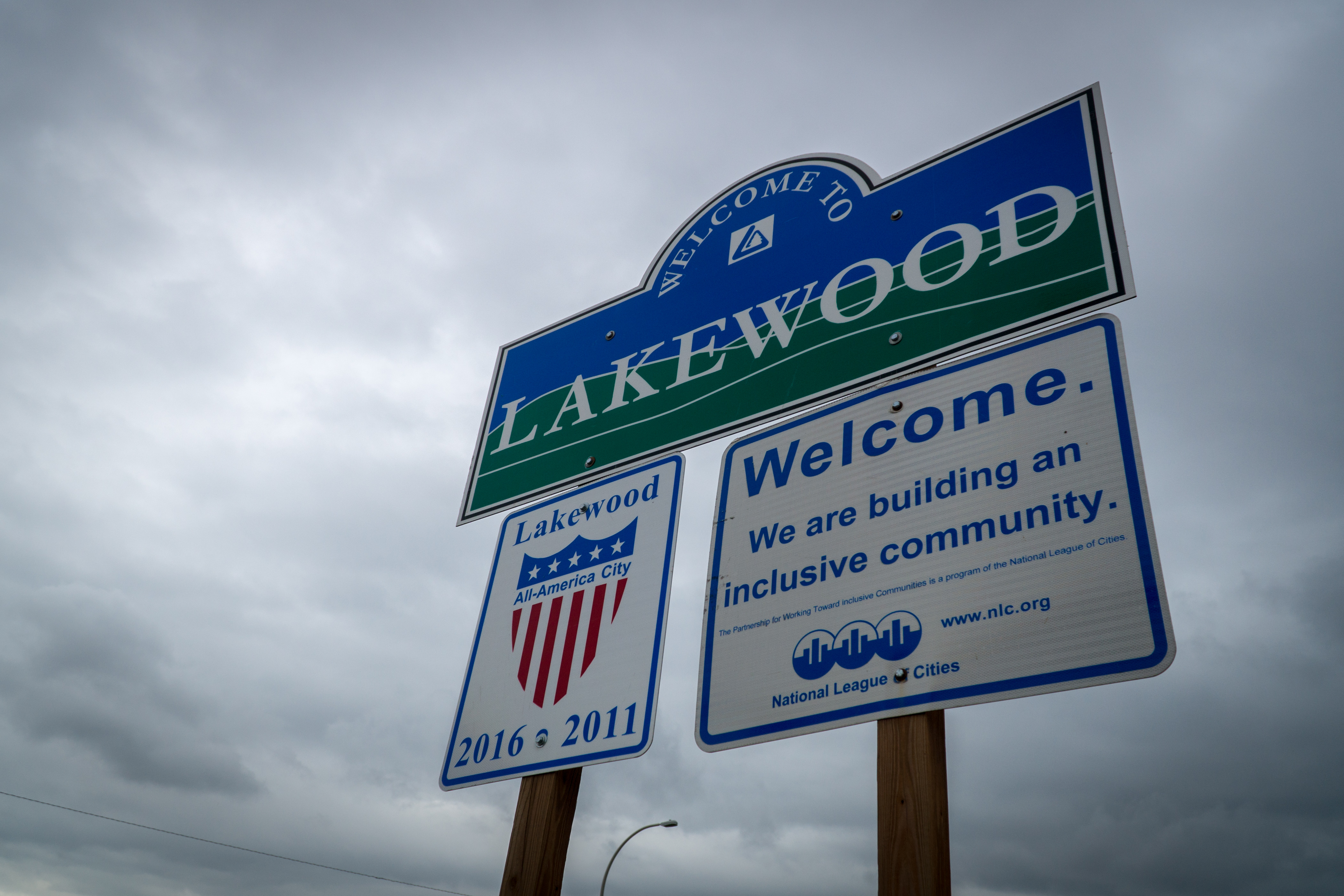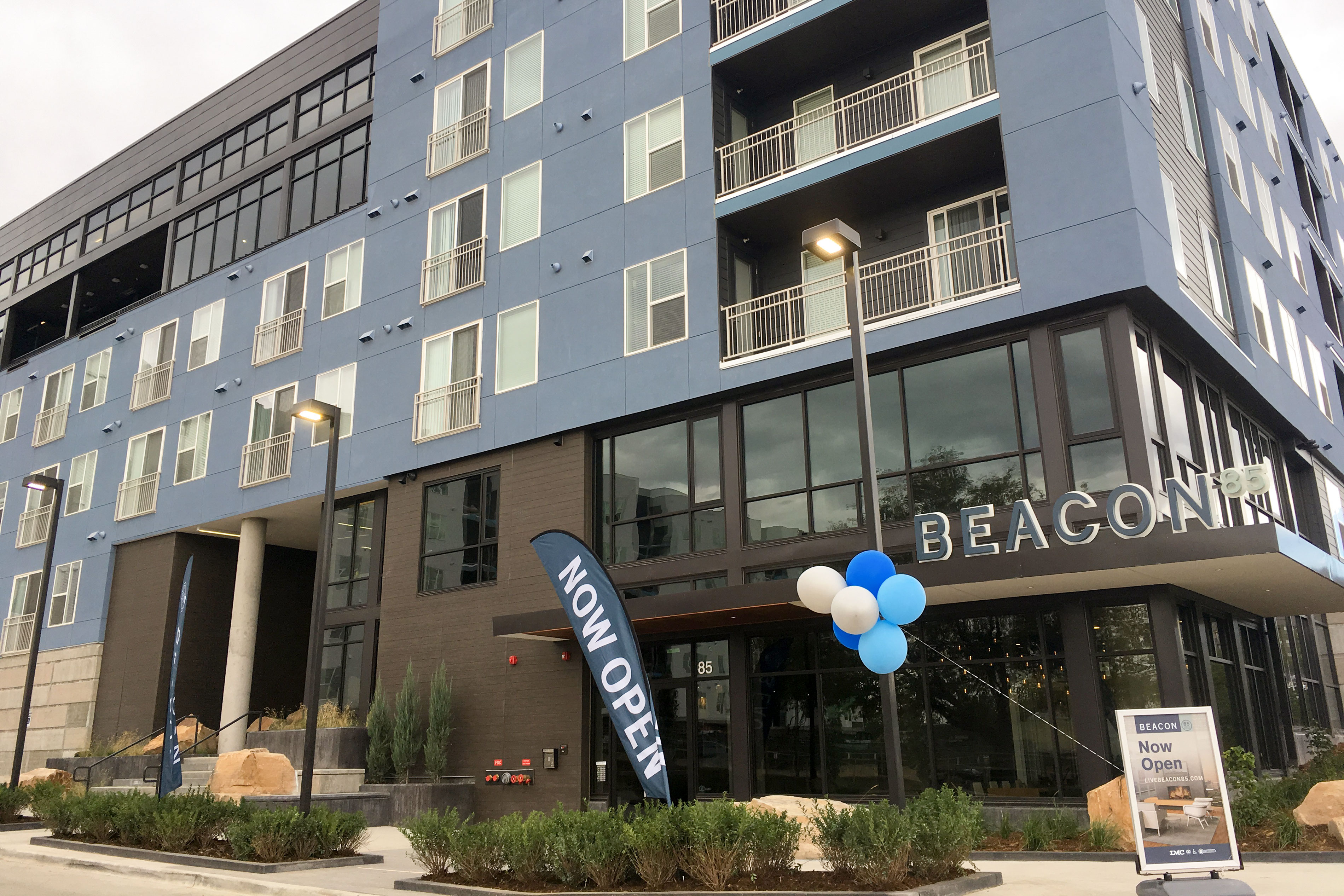

A battle in Lakewood about whether the city can limit the number of housing units built each year will likely be decided by a judge — rather than voters. The slow-growth proposal would limit new residential building to 1 percent of existing units a year, or about 670 houses, townhomes or condos.
"We want to keep Lakewood an inclusive community and we need to do that by offering the right kind of housing," said Cathy Kentner, spokeswoman for Lakewood Strategic Growth." So that we can have all of those people that we want here, that they want to come to Lakewood because we're offering them the kind of housing that is wanted and needed and is healthy for everybody."
Kentner's group gathered enough valid signatures to take the idea to the city council, whose members likely would have sent it to voters. But Lakewood attorney Dennis Polk is challenging the constitutionality of the housing cap measure on several fronts. He thinks it's the "ultimate expression of NIMBYism or even perhaps, quote, 'nope,'" a euphemism meaning "Not On My Planet Ever."
Polk is fighting the case pro-bono and says he'll take it to the state Supreme Court if he has to. He said, among other concerns, proposals like this hamstring future elected officials from doing their jobs and hurts existing landowners who may want to build.
"It's very short-sighted in terms of the greater good and the greater purpose," he said. "I find it shocking. At the end of the day it's counterproductive."
At issue in the western Denver suburb of about 150,000 is how the city handles the unbridled growth seen all along the Front Range. Since 2009, 313,000 people have moved to the Denver metro area, where fresh construction and tower cranes are a familiar sight.
Lakewood certainly isn't the first city to try and restrict growth. Boulder has for years limited growth and housing density, including restricting the number of unrelated people who can live on a property. In California, a number of cities have slowed building down, sparking an affordable housing problem so severe that some state lawmakers are mulling over requiring cities to start adding housing units.
Sam Mamet, as the executive director of the Colorado Municipal League, was careful not to take a position on the battle in Lakewood, but said sometimes slow-growth measures look better on paper.
"You know you have the old classic law of good intentions versus the law of unintended consequences," he said. "If you squeeze on one end of the sausage, what comes out of the other end of the sausage?"

Kentner doesn't see it that way. She says she wants more restrictions on how Lakewood officials and politicians approve new developments and is upset that some apartment buildings are going up in mixed use areas that should be dedicated to business.
"That limits the amount of land we have available for jobs. We don't want Lakewood to be only a bedroom community for Denver. We need to have employers here in Lakewood so we can have walkable communities," Kentner said.
One new apartment building near Union Boulevard made her particularly mad — she said wants the city to stress building that gives people "ownership opportunities" rather than just rentals.
One caveat in the proposal allows for exemptions to the housing caps in the city's blighted areas, which includes west Colfax Avenue. This means any building in those areas wouldn't be subject to limits.
Mayor Adam Paul calls this particular exception disastrous for the socioeconomic mix of the city.
"To me, it's classist and in some ways racist," he said. "It's like 'we don't want those people here.'"
Kathi Hasfjord has lived in Lakewood since the early 1970s. She is retired and has a nice home not far from the Sixth Avenue freeway. Hasfjord welcomes the additions to the suburb's skyline and wants different kinds of people to be able to live in the city she calls home.
"Growth is an important thing," she said. "There's no stopping and saying let's go back to the way it was in the 70s and the 80s. It's changing and it will change all the time."
City councilwoman Dana Gutwein, who is fighting the housing cap proposal, agreed.
"This is not an innovative solution to growth or managing growth," she said. "So when you take a desirable city like Lakewood, try to put a growth limit on it, the result is to dramatically change the community by dramatically changing who can afford to live here."









